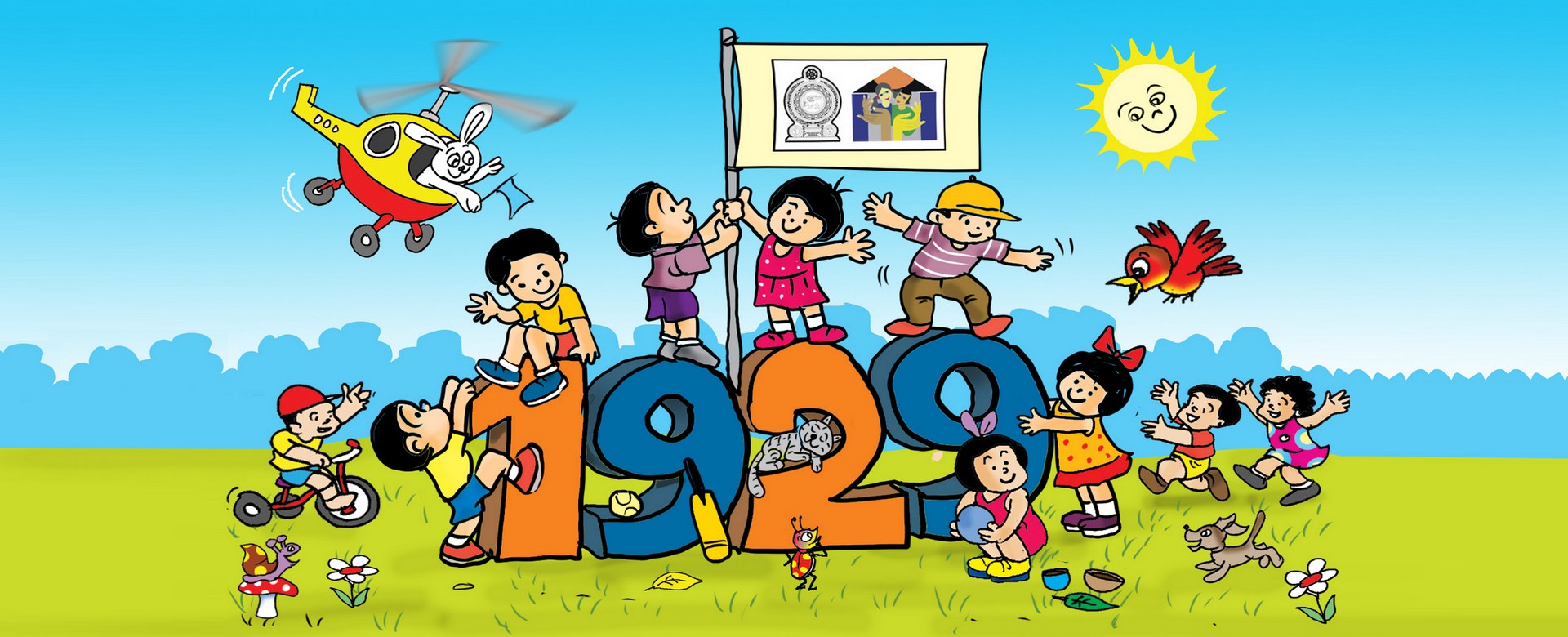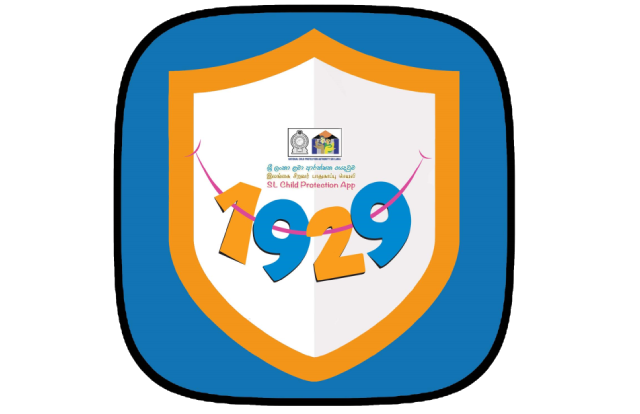ළමා උපකාරක දුරකතන සේවය යනු ළමා ආරක්ෂාව පිළිබඳ ඕනෑම පැමිණිල්ලක් යොමු කළ හැකි රාජ්ය රහාස්ය උපකාරක දුරකතන සේවයකි.
ජාතික ළමා ආරක්ෂක අධිකාරිය පනතේ 14(ඔ) පැමිණිලි භාර ගැනීම හා අවශ්ය අවස්ථා වලදී ඒවා නිසි බලධාරියා වෙත යොමු කිරීම ප්රකාරව මෙම ඒකකය ස්ථාපිත කර ඇත.ඒ අනුව,මෙම ඒකකය මගින් දුරකථනය ඔස්සේ ලැබෙන සියලුම ඇමතුම් සදහා ක්රියාත්මක වන වන අතර සිංහල, දෙමල හා ඉංග්රීසි යන මාධ්ය ඔස්සේ ඇමතුම් ලබා දිය හැකිය.එසේම මෙම සේවාව පය 24 පුරාම දින 365 තුලම ක්රියාත්මක වන අතර, සියලුම දුරකථන ඇමතුම් ගාස්තු වලින් නිදහස් කර ඇත.එසේම මෙම දුරකථන සේවයට වයස අවු:18ට අඩු ඕනෑම ළමයෙකුට සම්බන්ධව ළමා අපයෝජනවලට අදාල පැමිණිලි හෝ තොරතුරු ඕනෑම ලමයෙකුට, දෙමපියෙකුට, භාරකරයකුට, ඕනෑම අයකුට හෝ ආයතනයකට සිදුකල හැකිය. ඊට අමතරව ළමයෙකු සම්බන්ධව උපදෙස් මනෝ සමාජීය උපදේශනයක් හෝ මනෝ උපදේශන සේවා ලබා ගැනීමට හැකියාව ඇත. මෙහිදී, තොරතුරු ලබා දෙන ඕනෑම අයෙක් සුරක්ෂිතයි. එසේම එම තොරතුරුවල රහස්යභාවය ආරක්ෂා කිරීමට ජාතික ළමා ආරක්ෂණ අධිකාරිය බැදී සිටි.
මෙම දුරකථන සේවය හරහා දණ්ඩ නීති සංග්රහය යටතේ ළමා අපයෝජන වැරදි, ලමයින් සේවයේ යෙදවීමේ පනත යටතේ වැරදි, ළමා හා යෞවන ආඥාපනත යටතේ වැරදි, අනිවාර්ය අධ්යාපන පනත යටතේ වූ වැරදි හා ළමයින්ට එරෙහිව සිදුවන ලබන ඕනෑම හිංසනයන් හා අපයෝජනයන් ඉදිරිපත් කළ හැකිය. ඊට අමතරව යම් උපදේශන සේවාවන් හා නීතිමය උපදෙස් අවශ්ය නම් අධිකාරියේ නීති අංශය හෝ මනෝ සමාජීය අංශය සම්බන්ධ කර දීමට කටයුතු කරනු ඇත.

1929 plays a unique and significant role in being sensitive to the true voices of Sri Lankan children, and in ensuring that these children are safe, and they receive due respect, nurturance as well as assistance entitled to them by the government, law and allied systems in all times.
We work for the protection of the rights of all children in general, especially for the more vulnerable and marginalized children of the society, including:
- Children affected by physical/ sexual/ emotional abuse within their family, schools and other institutions.
- Children who need emotional support and guidance.
- Street children living alone on the streets.
- Child labour - domestics in particular.
- Victims of child trafficking.
- Children in conflict with the law.
- Children abandoned by parents or guardians.
- Children who are victims of substance abuse - child addicts.
- Institutionalized children.
- Children affected by conflict and disaster, including internally displaced children.
- Children whose families are undergoing/ have undergone traumatic incidences.







